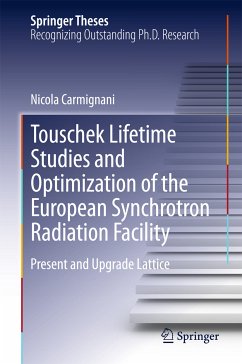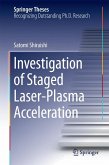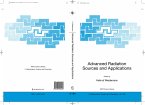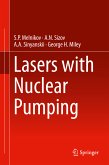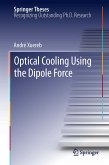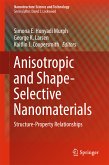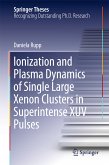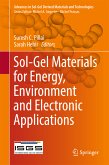The lifetime of the electron beam in a storage ring is a measure of how fast electrons are being lost, and is thus an essential parameter determining the required injection frequency, which in turn affects beam stability and power consumption. The main limitation on the beam lifetime in these synchrotron light sources is the Touschek effect, i.e. the single scattering between two electrons in a bunch. In this thesis a model able to predict the Touschek lifetime is presented. The model is successfully tested against measurements and used to study the influence of other parameters such as current and size of vacuum chamber. Not least, it enables the settings of sextupole magnets to be optimized.
Dieser Download kann aus rechtlichen Gründen nur mit Rechnungsadresse in A, B, BG, CY, CZ, D, DK, EW, E, FIN, F, GR, HR, H, IRL, I, LT, L, LR, M, NL, PL, P, R, S, SLO, SK ausgeliefert werden.

